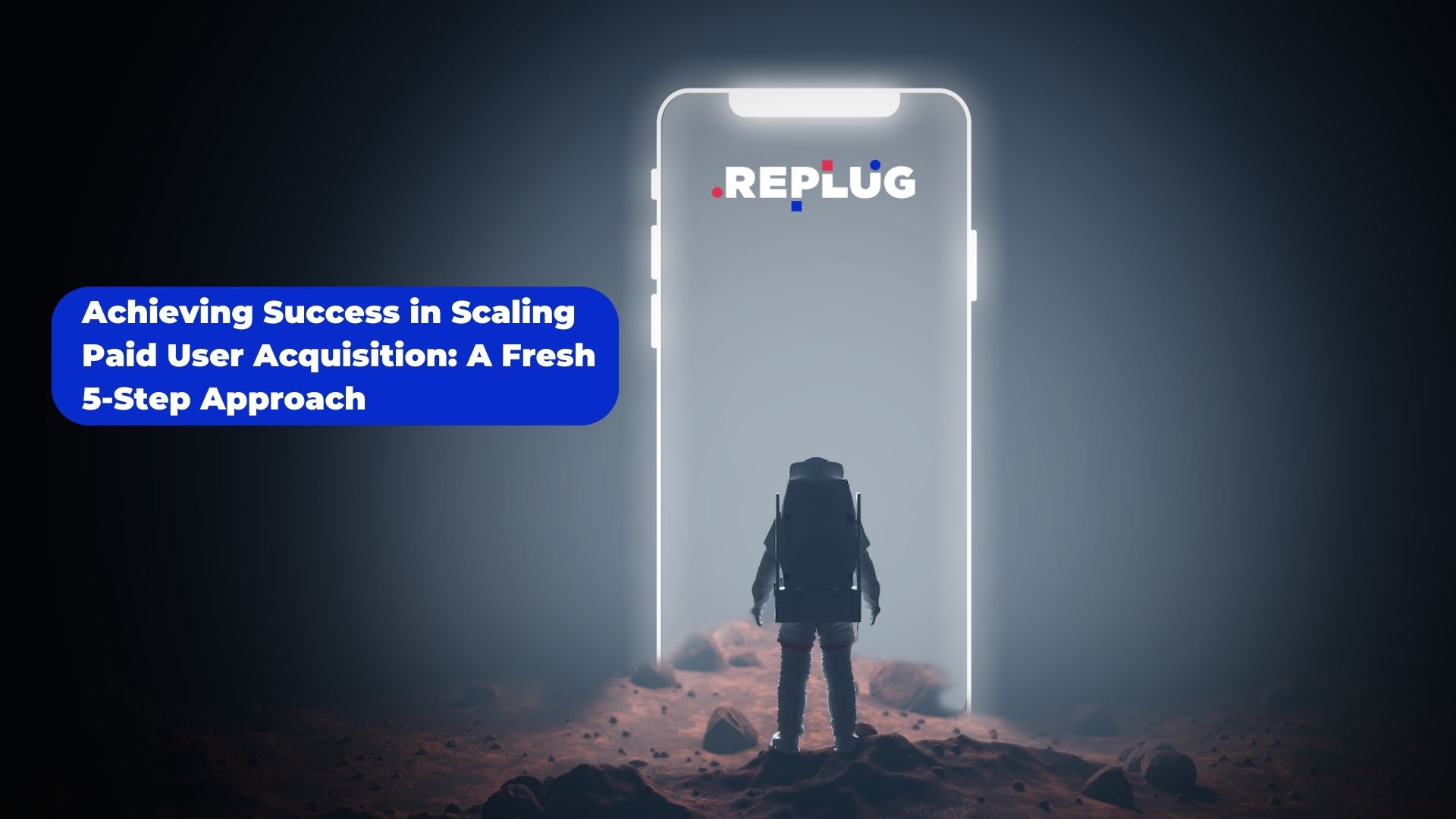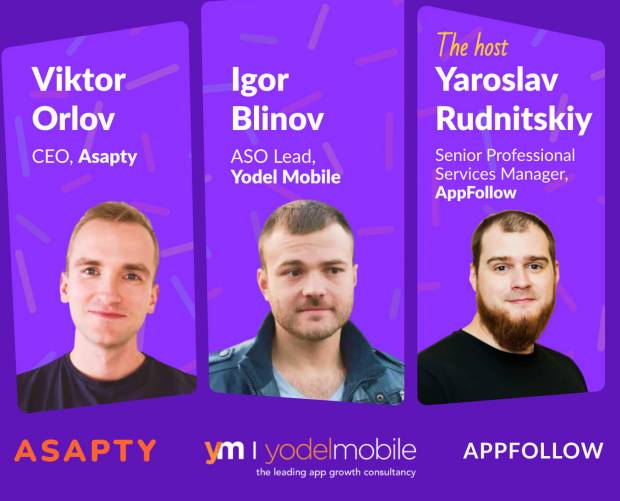Hugo Drayton, CEO of Inskin Media, argues that, depite the short-term pain, the long-term effects of GDPR will be positive.
 We are still here… GDPR day arrived – unhelpfully on a Friday, before a long Bank Holiday weekend – but the world did not end. It did, however, create a bit of a mess for the digital advertising industry: certainly worse for the media world than Y2K, the millennium switch when we expected darkness to reign supreme! Programmatic delivery, especially for campaigns laced with data, is facing major difficulties resulting from the technical implications of the new legislation; but even the DSPs and Exchanges can now see a calmer future ahead.
We are still here… GDPR day arrived – unhelpfully on a Friday, before a long Bank Holiday weekend – but the world did not end. It did, however, create a bit of a mess for the digital advertising industry: certainly worse for the media world than Y2K, the millennium switch when we expected darkness to reign supreme! Programmatic delivery, especially for campaigns laced with data, is facing major difficulties resulting from the technical implications of the new legislation; but even the DSPs and Exchanges can now see a calmer future ahead.
One immediate relief is that the least of our worries is a lack of consent from users, who seem remarkably cooperative, and clearly have an understanding of the necessity of funding through advertising for online publishers. Over the next few weeks, the industry will have to overcome a lack of uniformity in the mechanisms for exchanging information about user consent, defects in integrations between ad exchanges and DSPs, and a shortage of inventory, which is partly due to cautious US publishers reducing their supply to Europe.
As digital advertising matured and grew to become front and centre of all business activity, technology raced ahead of legislation. And the catch-up, albeit welcome, is clumsy and has some unintended consequences, at least in the short term. For those in the media industry, the most chilling – if unsurprising – early consequence, is that Google and Facebook, far from being tamed or tempered by this EU legislation, are the biggest beneficiaries of GDPR.
But such obstacles are not new. Back in the very early days of digital media (mid 90s), when I was at The Telegraph, early forms of online advertising were clunky, slow and definitely not user friendly. Through the years we have witnessed shocking creative executions, multiple brand safety issues, inappropriate placements, poorly-managed networks, and much more besides. Over time, technology, experience and innovation have guided us to a generally much more sophisticated environment.
Trusted industry
We need to keep in mind that in light of the urgent need to present advertising and marketing as a clean, effective, transparent and trusted industry, GDPR is a good development. So are the Coalition for Better Ads, and the IABs Gold Standard for display advertising. As are uncomfortable sermons from Unilever, P&G, and others.
Let’s not be too concerned by the need to change. The rightful, authorised use of personal data was overdue. Data, when properly deployed, is helpful – it can ensure that content and advertising are relevant, timely and appropriate. And instead of ceding to an anodyne, uniform world of publishing as devised by the duopoly, let’s make sure we use this junction as a clarion call to publishers, to seize the initiative, to value and exploit their unique and trusted pages – and their loyal, interactive readers.
In exchange for their loyalty, marketers should make an effort to not rely upon re-targeting, on digital stalking, or on poorly executed campaigns. There are undeniable benefits in a strategy that focuses instead on reaching relevant users in reputable online environments, based on the content they consume. Research conducted by Inskin and others has proven conclusively that this approach improves advertising effectiveness. This is an open invitation to brands and agencies to build their campaigns on those established, trusted publisher brands, GDPR will cause some short-term pain. But its longer-term impact will be positive, and we should use this crossroads to underline the value and effectiveness of the right editorial environments, and use data sparingly, in line with consumers’ wishes.
















